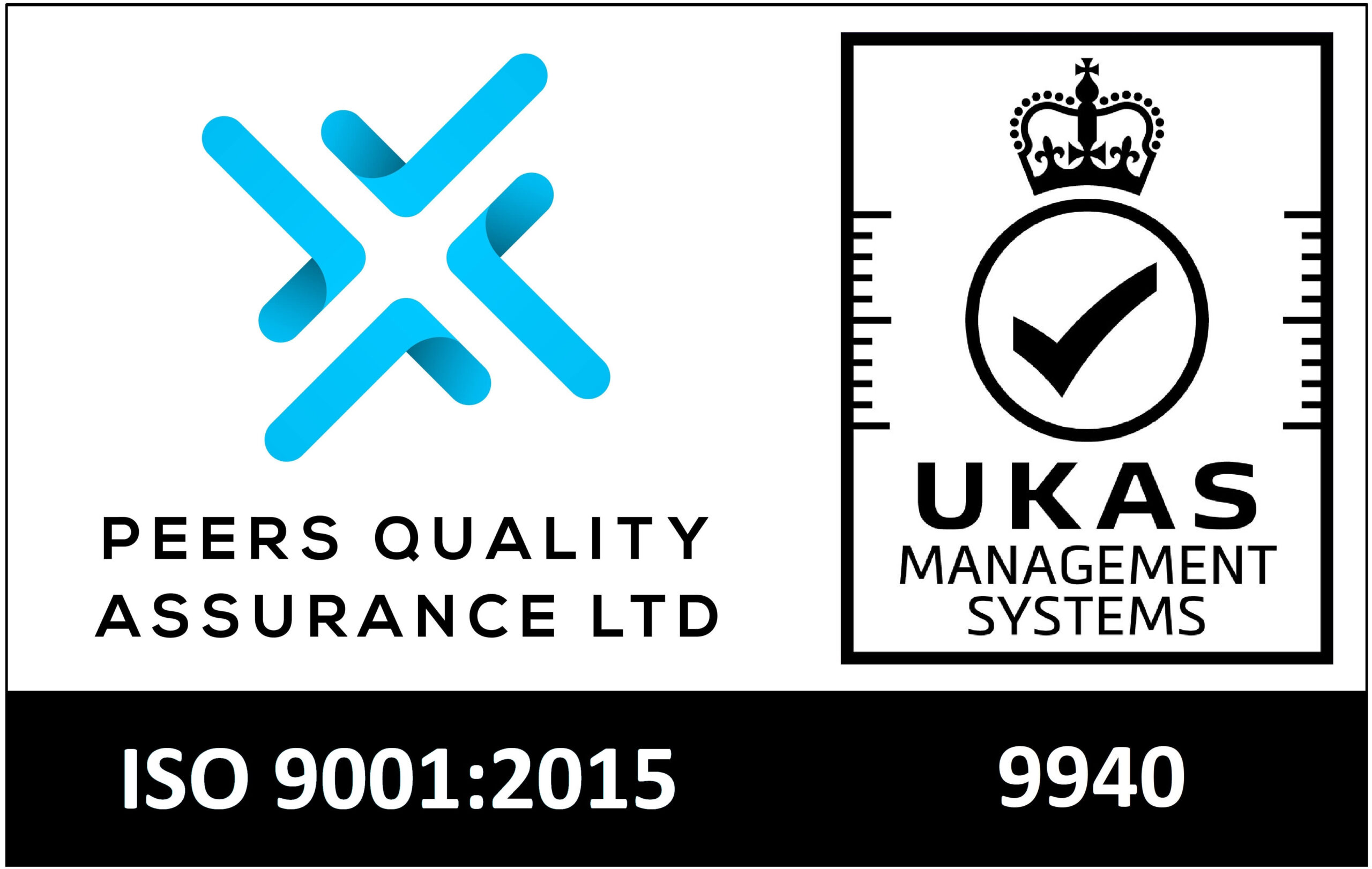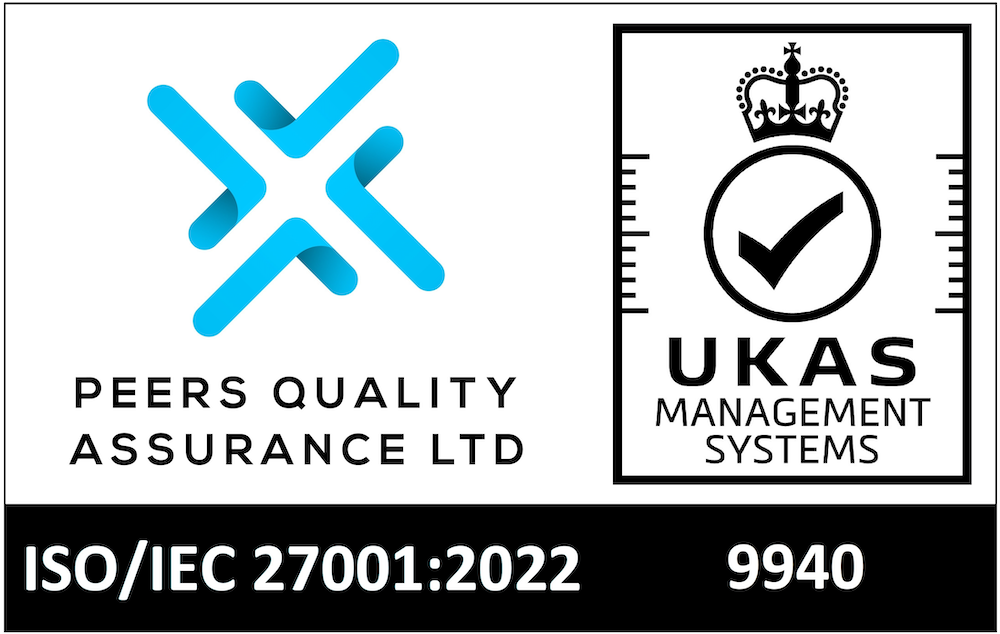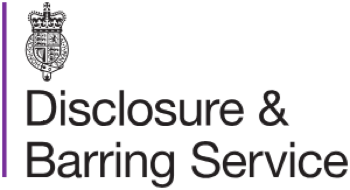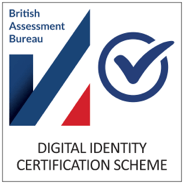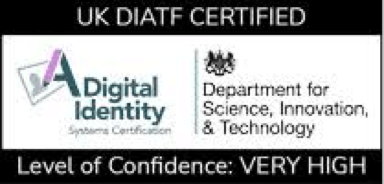Author: Joey Lyons
If you’re an employer that needs to run a vetting check on a potential employee, you might need some information to help you get what you need from your candidate. You might ask what is proof of address for BS7858? Or what documents will I need to request from my candidate?
BS7858 is a key standard in the security industry – and increasingly across other sectors, ensuring that individuals working in sensitive areas or that work with certain types of vulnerable people are thoroughly vetted.
However, the proof of address plays a significant role in this vetting process, and understanding its importance is essential to maintaining both high standards and public safety.
In this article, we will explore the definition of proof of address, its significance in BS7858, the accepted documents, and the verification process.
Additionally, we will delve into the common challenges employers face in meeting this requirement and the solutions that are available.
Key Takeaways
- Proof of address is one of the requirements for BS7858 vetting process.
- Documentary proof, such as utility bills and bank statements, is now required to cover employment gaps.
- The reliance on documentary evidence may lead to discrimination against individuals without proper paperwork.
- Employers can benefit from outsourcing the vetting process to experienced companies like Checkback.
Definition of Proof of Address
Proof of address is a document or piece of evidence that confirms your residential address. It’s an important requirement in the BS7858 vetting process.
This proof is necessary to verify your current address and ensure that you’re a reliable and trustworthy candidate for a security role. Examples of proof of address documents include utility bills, bank statements, and official government letters. These documents should clearly display your name and address, and they should be recent, usually within the last three months.
It’s crucial to provide accurate and up-to-date proof of address to avoid any delays or complications in the vetting process. Employers rely on this documentation to ensure that you have a stable and legitimate residential address.
Importance of Proof of Address
Providing accurate and up-to-date proof of address is crucial for ensuring compliance with BS7858 and demonstrating your reliability and trustworthiness as a candidate for a security role.
Here is why proof of address is important for BS7858:
- Verification of residence: Proof of address allows employers to verify that you have a stable place of residence, which is essential for ensuring that you can be contacted and located if needed.
- Background checks: BS7858 requires a comprehensive vetting process, which includes verifying your employment history and conducting credit checks. Proof of address helps in conducting these checks accurately and efficiently.
- Establishing trust: By providing proof of address, you’re demonstrating your commitment to transparency and integrity. This helps employers build trust in your character and reliability as a potential employee in the security sector.
- Compliance with regulations: BS7858 sets out specific requirements for security vetting, and proof of address is one of them. By providing the necessary documentation, you’re ensuring that you meet the regulatory standards and can proceed with the vetting process smoothly.
Accepted Documents
To comply with BS7858, you must provide specific documents as proof of your address. Acceptable documents include utility bills, bank statements, council tax statements, and tenancy agreements. These documents must clearly display your name and address, and they should be recent, typically within the last three months.
It’s important to note that mobile phone bills and credit card statements are generally not accepted as proof of address. Additionally, if you’re living with someone else and don’t have bills or statements in your name, you may need to provide a letter from the person you’re living with, along with one of their utility bills or bank statements.
It’s crucial to ensure that the documents you provide are valid and accurate, as any discrepancies or inconsistencies may delay the vetting process. By providing the accepted documents for proof of address, you demonstrate your compliance with BS7858 and contribute to the overall security and trustworthiness of the security sector.
Verification Process for Proof of Address
The verification process for proof of address involves ensuring the validity and accuracy of the provided documents. To successfully verify the proof of address, the following steps are typically followed:
- Document examination: The first step is to carefully examine the provided documents, such as utility bills, bank statements, or official letters. The examiner checks for any signs of tampering, forgery, or inconsistencies.
- Cross-referencing: The next step is to cross-reference the information on the documents with other reliable sources. This may involve contacting the issuing authorities or conducting online searches to verify the authenticity of the address.
- Address history confirmation: It’s important to verify the consistency of the address history provided by the individual. This can be done by checking previous addresses and confirming their accuracy through reliable sources.
- Follow-up inquiries: If there are any doubts or discrepancies during the verification process, further inquiries may be made. This could involve contacting the individual directly to clarify any inconsistencies or requesting additional supporting documents.
Common Challenges and Solutions
One common challenge when verifying proof of address is ensuring the authenticity and accuracy of the provided documents. It is important for employers to carefully review the documents submitted by individuals to ensure that they meet the requirements set by BS7858. This can be a challenging task, as fraudulent documents can be difficult to detect. However, there are solutions that can help mitigate these challenges.
One solution is to use advanced technology and verification systems that can detect fraudulent documents and identify inconsistencies. These systems can analyse the documents provided and compare them to various databases to ensure their legitimacy. Employers can also consider outsourcing the verification process to specialised companies that have expertise in document verification and address validation.
Another challenge when verifying proof of address is the requirement to cover employment gaps. Individuals are required to provide documentary proof, such as utility bills or bank statements, to demonstrate their address history and fill in any gaps in employment. This can be difficult for individuals who have moved frequently or have limited access to traditional documents. In such cases, alternative documents or methods, such as sworn affidavits or reference letters, can be considered to verify the individual’s address history.
Overall, while there are challenges in verifying proof of address, utilising advanced technology, outsourcing the verification process, and considering alternative documents or methods can help ensure the authenticity and accuracy of the provided information.
Conclusion
In conclusion, proof of address is a crucial component of the BS7858 vetting process in sensitive job roles. Employers may face challenges in complying with this requirement, but outsourcing the vetting process to experienced companies like Checkback can help overcome these challenges.

